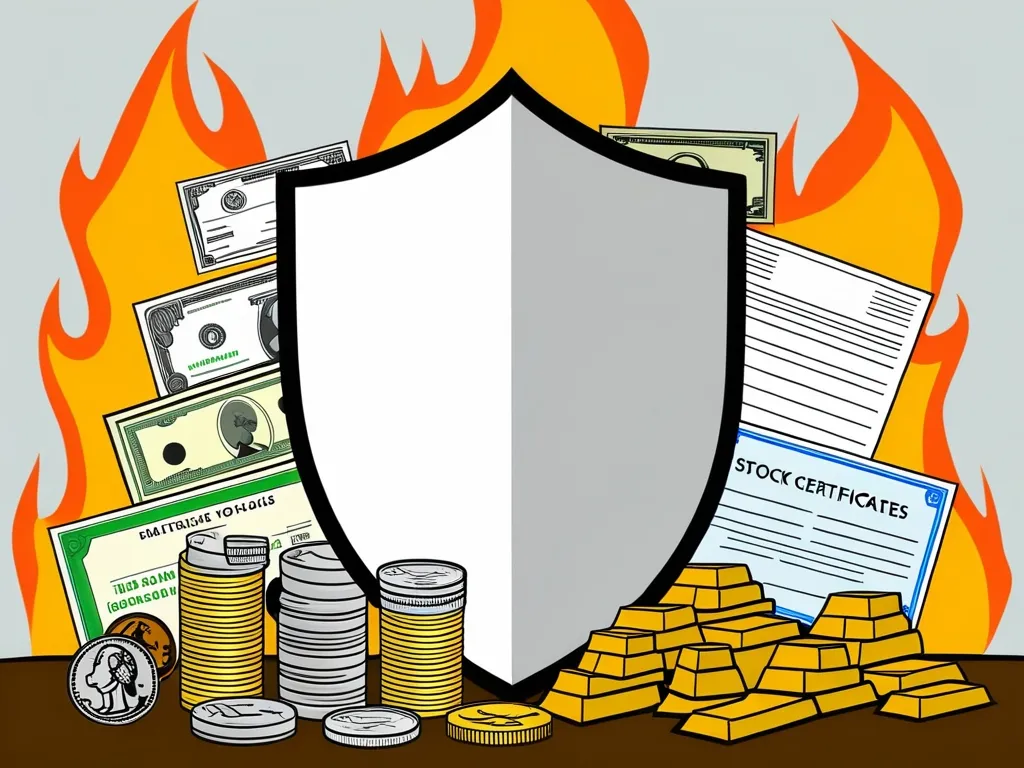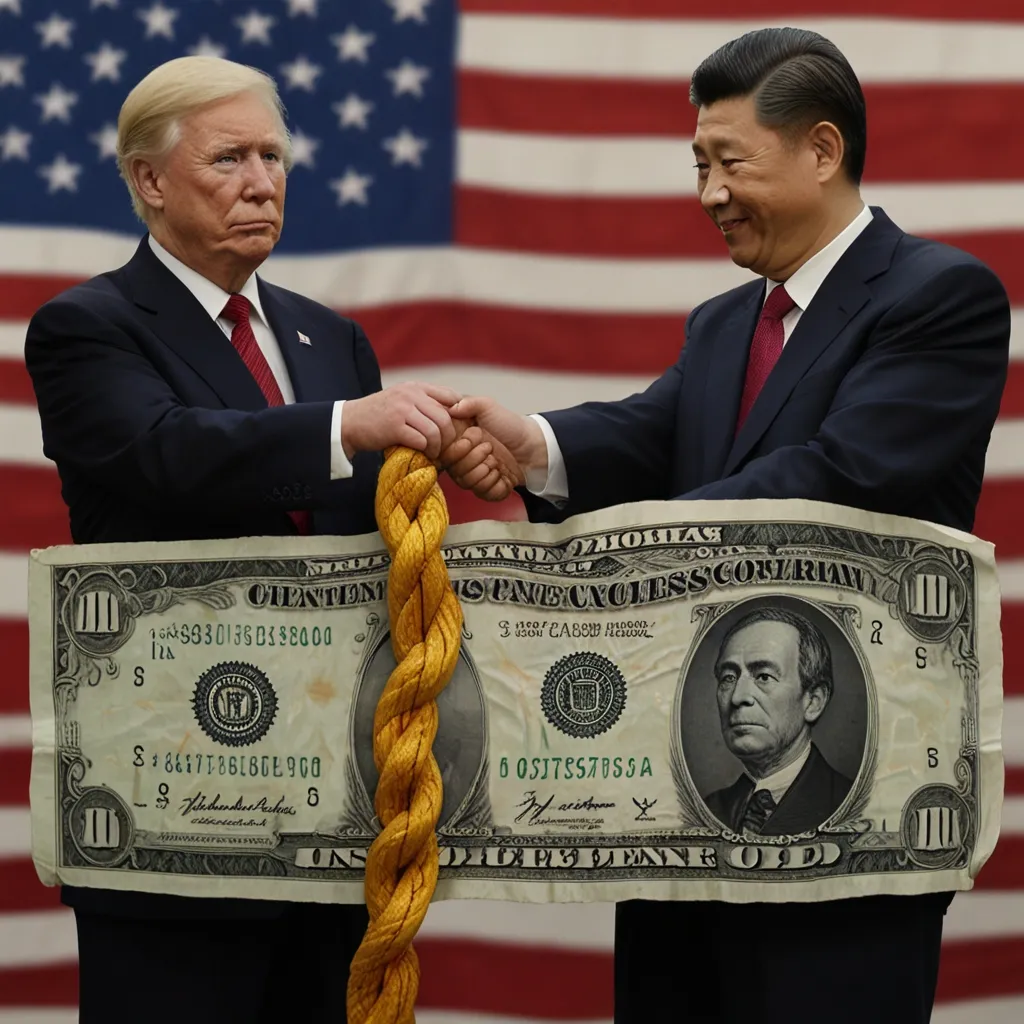Opening a savings account is a solid move for anyone looking to secure their financial future. Now, the question on everyone’s mind is, “How much dough do you need to get started?” Well, that can depend. It’s all about the type of account you go for and the specific bank’s rules. Let’s break it down.
Savings accounts are there to help you stash away some money, and usually, they offer a sweeter interest rate than checking accounts. That means more gains for your rainy day fund. However, some savings accounts come with strings attached, so get the lowdown before making any decisions.
Regarding a minimum deposit, most banks ask for a small amount to kick things off. It can be as low as a buck or go past $100. If you’re eyeing a high-yield savings account, you might need a bigger initial deposit to snag that juicy interest rate. Check out the bank’s site or drop by a branch to see what’s the deal.
Now, not all savings accounts demand an upfront deposit. Some banks are super chill and let you open an account with zero down, perfect for those just starting and wanting to watch their savings grow bit by bit.
Then there are online savings accounts, which are pretty slick. These come from online banks that don’t bother with physical branches, so they can offer better interest rates and lower fees. Plus, many of these accounts have no minimum deposit, making them a friendly pick for newcomers.
High-yield savings accounts are like the VIP lounge of savings—better interest but with some possible strings attached, like higher initial deposits or limits on withdrawals. They’re a fantastic way to build your nest egg faster.
An emergency fund is a must-have for financial peace of mind. Experts say aim for three to six months’ worth of living expenses. This stash should be easy to get to when life throws a curveball, making a savings account an ideal spot for it.
Setting monthly savings goals can really help too. A common tip is to save 20% of your paycheck each month, but feel free to tweak that based on your situation. Even stashing away a little can grow over time.
Don’t forget to balance saving with investing. While saving is the safety net, investing is the trampoline that can launch your funds higher, albeit with more risk. A mix of both can set you up nicely for the future.
In conclusion, opening a savings account is simple, and the amount you need to get started can vary. Traditional banks, online banks, or high-yield options—whichever you pick, the key is to start saving and stick with it. Know your options and set some realistic goals to kickstart your journey to financial security.






